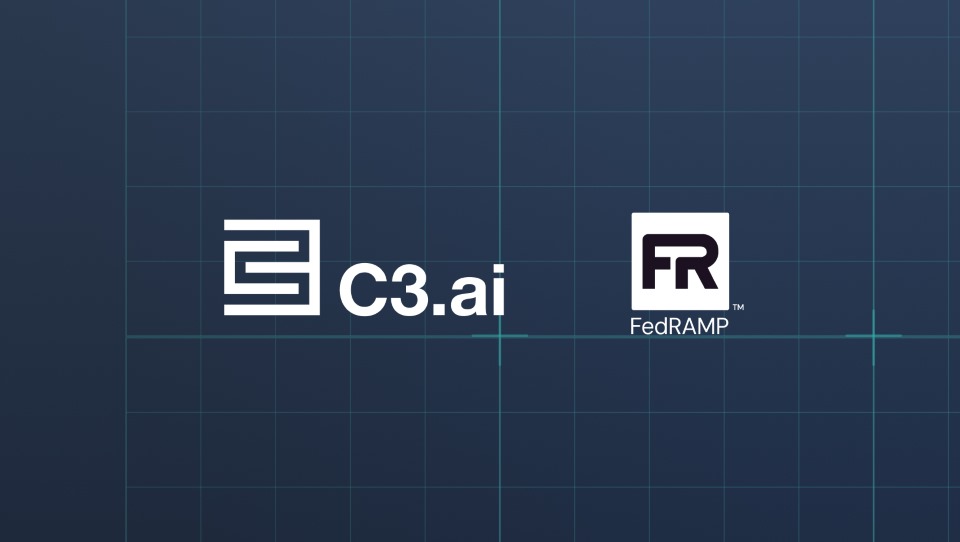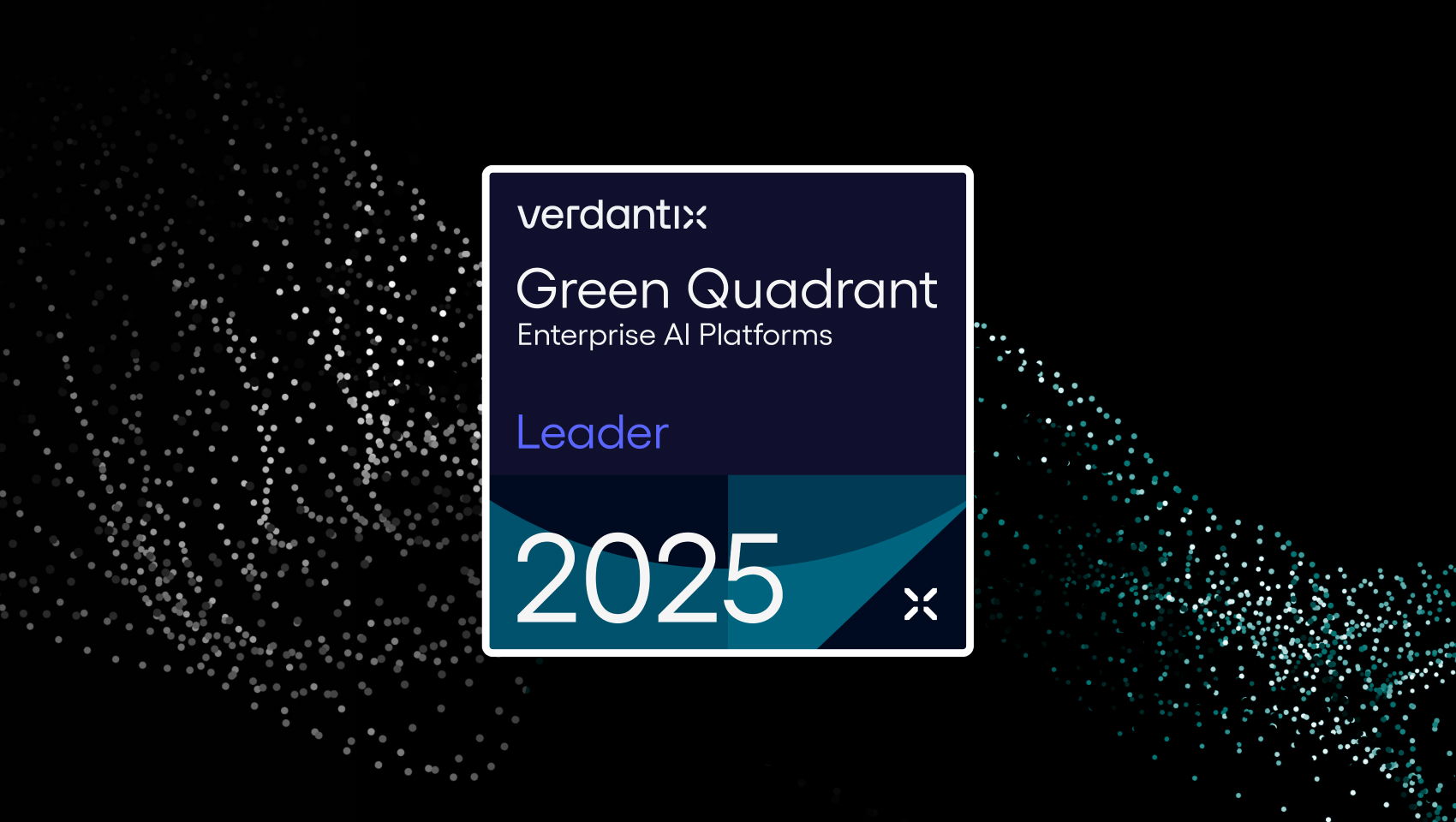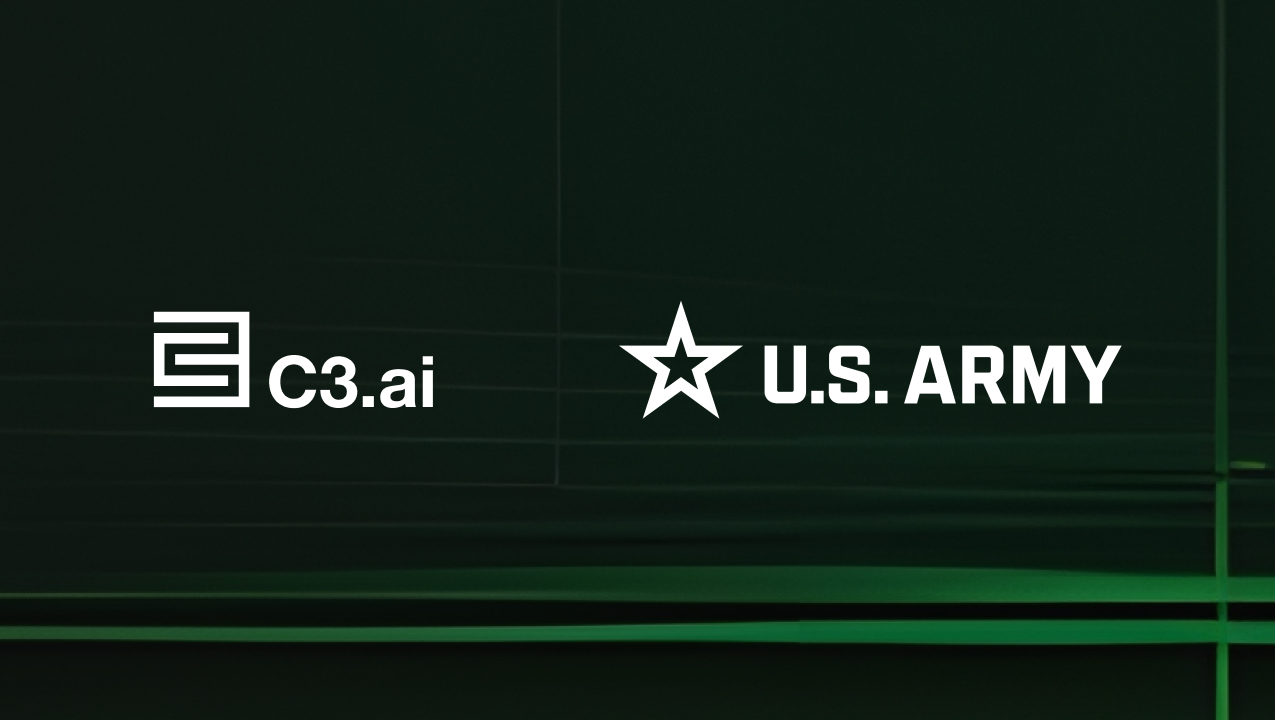When analytics software company C3 Energy emerged from stealth in 2011‚ expectations ran high. After all‚ the company’s founder was veteran entrepreneur Tom Siebel‚ who sold his previous “startup” to Oracle for almost $6 billion.
Four years later‚ C3.ai is reporting progress among utilities‚ including Italy’s biggest power company Enel‚ and businesses such as Cisco Systems that desire far more accurate status reports about energy consumption across their facilities but don’t have the computing resources to crunch all that data efficiently.
The company has been particularly successful in Europe and Asia‚ which have moved more quickly to connect smart meters to the “Internet of Energy‚” Siebel said during a recent interview with GreenBiz. In Europe‚ C3.ai’s energy analytics applications‚ delivered through software as a service (SaaS) subscriptions‚ cover about 80 percent of the market‚ according to C3.ai.
“We look at the entire grid as a machine‚ aggregating all of the signals about consumption‚ billing‚ real-time weather data‚ wind‚ solar radiation‚” Siebel said. “With this information‚ we’re able to look at assets‚ [determine] what will fail next and why‚ and fix them before they break. The social benefit is obvious‚ as well as the safety issues.”
C3.ai is one of several companies that sell energy analytics applications that are meant to replace more manual data-crunching methods‚ such as spreadsheets‚ that utilities and other organizations use to uncover trends. What differentiates these technologies from smart grid systems of the past is that they also incorporate data collected by sensors and other devices that aren’t necessarily part of the grid itself‚ but that are connected via the so-called Internet of Things.
“When you are dealing with data sets that are this large‚ you’re forced into cloud-scale computing‚” Siebel said.
As a private company‚ C3.ai doesn’t report its revenue but it delivered 10 substantial installations during its 2015 fiscal year‚ according to a June update. That includes a $64.4 million contract to manage more than 44 million smart meters for Enel across Spain and Italy. The utility is using several applications including C3.ai’s predictive maintenance capability‚ which could result in an annual “economic benefit” of close to $730 million; and its residential energy management platform‚ which homeowners can use to track consumption information and evaluate suggested efficiency measures.
Ed Abbo‚ president and chief technology officer for C3.ai‚ said many of his company’s utility customers use its software to engage more personally with their own customers on strategies meant to reduce power consumption. “Utilities can become much more like Amazon or Google or a consumer Web operation with their recommendations‚” Abbo said.
One example of a utility embracing this strategy is Eversource Energy (formerly Northeast Utilities)‚ the largest utility in New England with more than 3.6 million electricity and natural gas customers. Eversource invested more than $500 million in energy efficiency initiatives in 2014. It will use C3.ai’s platform to make much more specific recommendations in the future. Previously‚ it relied on spreadsheets.
“[The software] allows a much more sophisticated segmentation of our market. In the past‚ our view stopped at the meter‚” said Tilak Subrahmanian‚ vice president of energy efficiency for Eversource. It took the better part of a year to get the Eversource application up and running. The installation unifies 12 data sources‚ using that information to guide energy audits and energy efficiency rebate decisions.
“Energy efficiency has been a cottage industry. There was plenty of awareness at the facility level. What we have done is raise this conversation to the C-suite‚” Subrahmanian said.
C3.ai got its start selling energy analytics directly to businesses. At Cisco‚ for example‚ the service was used to gather data across about 500 facilities in order to provide the company with more uniform processes for managing its energy budget. In recent months‚ however‚ it has focused far more explicitly on utilities. Some big names it works with include Commonwealth Edison‚ Entergy‚ Hydro-Quebec‚ San Diego Gas & Electric‚ and Pacific Gas and Electric.
Plenty of technology companies are angling for a piece of the broad energy management system market‚ which will near $60 billion in revenue by 2022‚ according to an estimate by Grand View Research. Those tackling energy analytics — although not necessarily at the same scale as C3.ai — include BuildingIQ‚ FirstFuel‚ Retroficiency and WegoWise.
View the full article on the GreenBiz website here.



